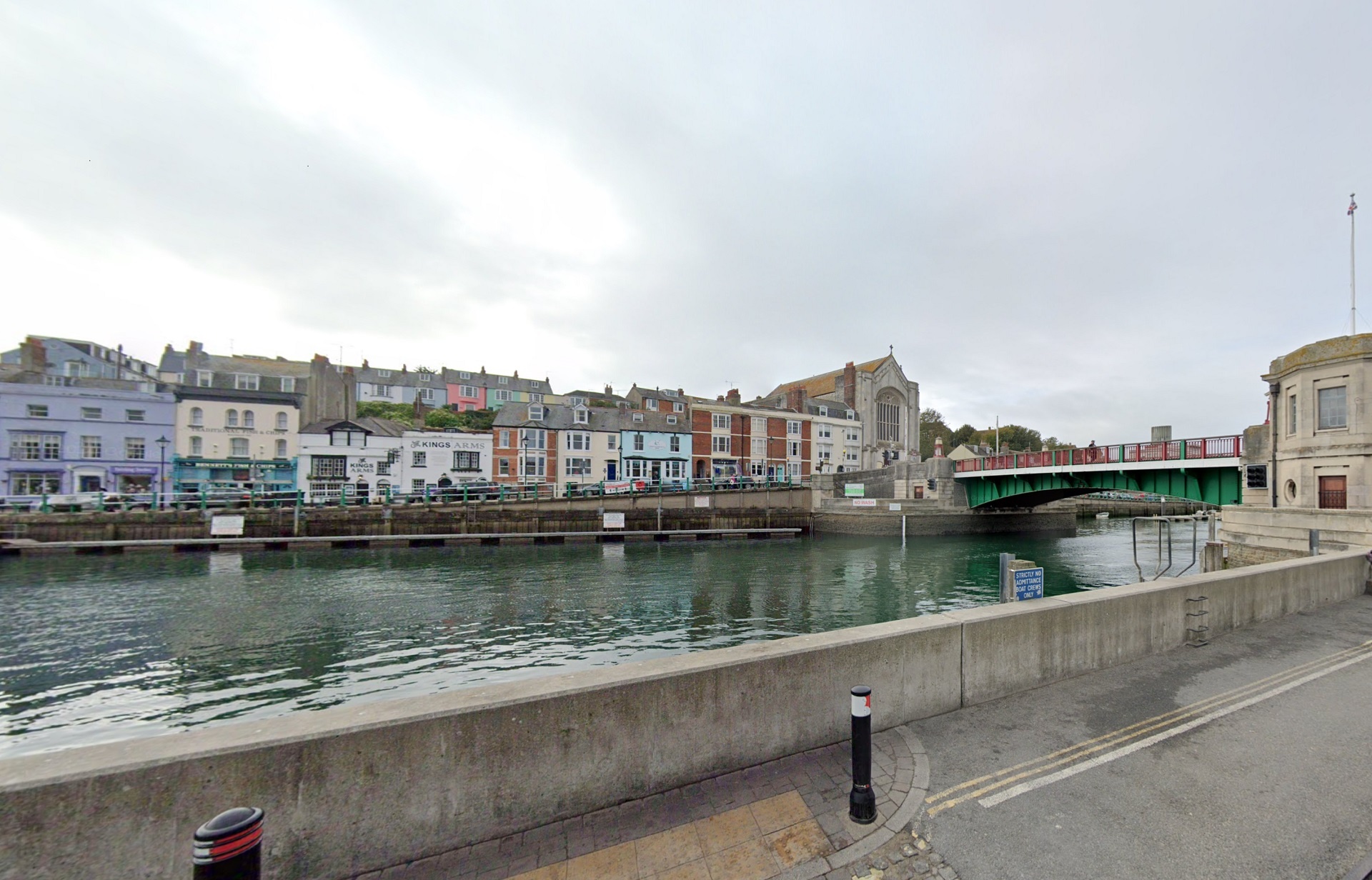Dorset Council’s Scrutiny committee will meet on 25 March to discuss recommendations to reduce the number of council-owned offices in Dorchester by using buildings more efficiently, offering annual savings of over half a million pounds.
The proposals are the culmination of extensive work that began shortly after Dorset Council was formed, reviewing the council’s office estate to identify opportunities to save money and generate income, enabling employees to work in a more flexible way, reducing the council’s environmental impact, and ensuring good facilities and access for customers.
The COVID pandemic has accelerated changes in working arrangements, with employees making greater use of technology and able to work remotely (for example, from home) rather than always from an office. This means fewer desks and less office space will be needed in the future: it is estimated between 800-1000 desks will be required in Dorchester, a reduction of between 50-60% on current requirements.
Following a recent review of the council’s office estate in Dorchester, a report proposes consolidating all office space requirements for council employees into County Hall, Colliton Park. It also recommends offering any surplus space within County Hall and Colliton Park for use by third sector and other public sector partners.
This would free up other council-owned and occupied offices in Dorchester to be sold or leased. The report recommends seeking planning permission to repurpose South Walks House and South Annexe, Colliton Park for residential use.
It is proposed that the library in South Walks House should remain, with a new customer access point within it.
Dorset Council currently owns and occupies twelve buildings in Dorchester. Some of these buildings are rented to public sector and voluntary sector partners. Dorset Council employs around 4,500 people (excluding schools-based staff) of which 3,000 work from office environments either for all or part of their time. Many of these staff (approx. 1,900) are in Dorchester and this is where the bulk of the desk capacity is currently located and
required.
Dorset Council has already served notice on its lease of Princes House in Dorchester. This building will be vacated by the end of March 2021 and all council employees relocated to County Hall. Combined with council staff vacating the South Walks House building, this will save £612k a year.
Dorset Council plans to invest up to £2.1m into a range of energy saving measures at County Hall from the £18.7m grant awarded by Salix for its work to become carbon neutral by 2040. This will save over 103 tonnes of carbon and £25k of utility costs annually.
Cllr Tony Ferrari, Portfolio Holder for Economic Growth, Assets and Property, said:
“These proposals offer a much more efficient use of council-owned and leased buildings in Dorchester and will save money. It’s something we have wanted to do since Local Government Reorganisation took place: Dorset Council inherited a large portfolio of property and assets from predecessor councils that we knew could be managed more efficiently. If approved, these recommendations would enable the council to significantly reduce the running costs of buildings, as well as generate capital receipts or income by using some buildings differently.”
















